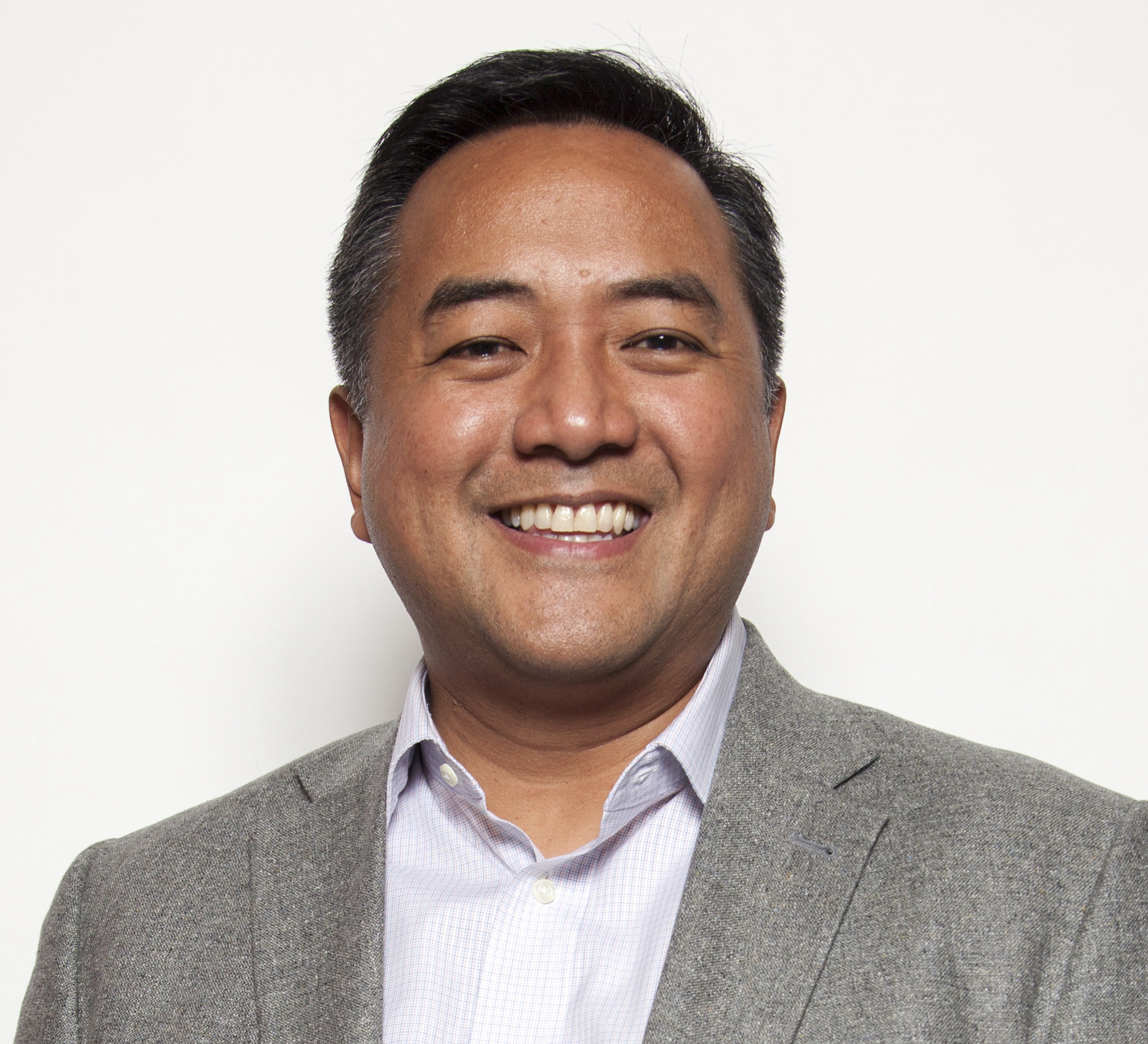
Generative Artificial Intelligence (GenAI) is making substantial inroads into the healthcare sector, enabling significant advancements in how providers manage data, create content, and deliver patient care. According to Jonjie Sena, Vice President of Product Management at TransUnion, GenAI is not just evolving technology—it is revolutionizing operational and clinical practices within healthcare organizations.
The innovative capabilities of GenAI allow for both generation and analysis of vast amounts of healthcare data. This dual function offers providers the opportunity to streamline documentation, enhance clinical decision support, and improve patient outcomes. By automating routine tasks and enabling more personalized care approaches, GenAI can alleviate administrative burdens that typically consume clinicians’ time.
Sena emphasizes that healthcare providers must navigate the integration of GenAI technology with care and responsibility. That involves ensuring patient data privacy, aligning with regulatory standards like HIPAA, and maintaining transparency in algorithm-driven decision processes.
Moreover, GenAI applications extend into revenue cycle management, fraud detection, patient engagement, and risk stratification. These implementations not only enhance operational efficiency but can also contribute to a more equitable and accessible healthcare system.
As the technology matures, alliances between healthcare leaders, data scientists, and regulatory bodies will be crucial to harness GenAI’s full potential. Sena concludes that the industry stands at a pivotal point: adopting ethical GenAI strategies today will lay the foundation for a smarter, more inclusive healthcare future.
Source: https:// – Courtesy of the original publisher.








